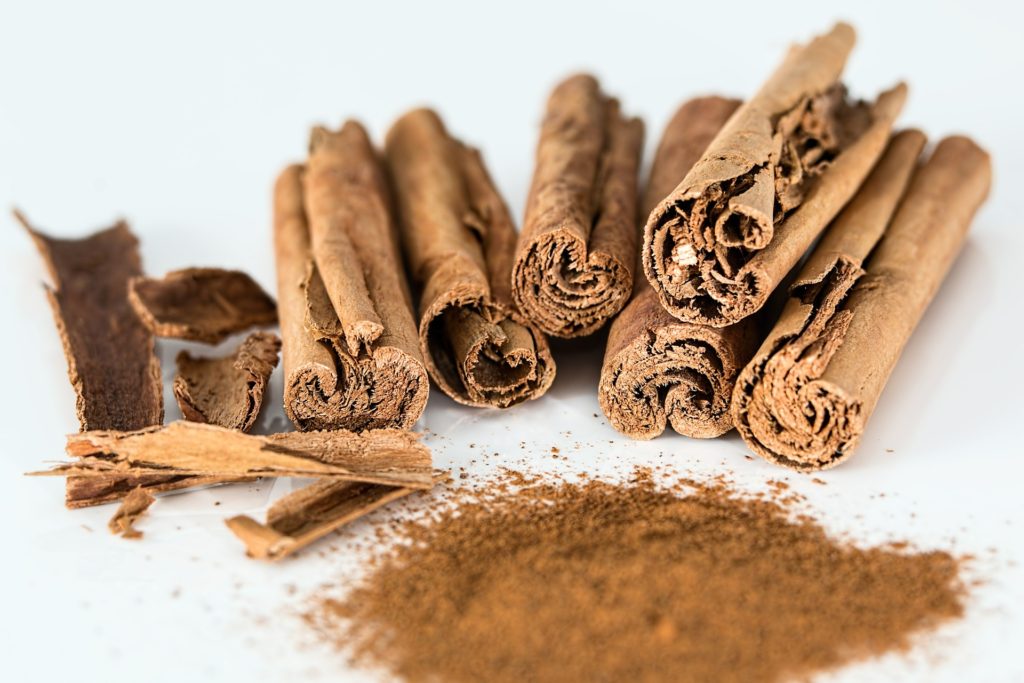Sensitization 101

We’re often told to use essential oils safely in order to minimise the risk of skin irritation. But what about sensitization? Is this the same thing?
I’ve filmed a new video to accompany this blog post, which you’ll find at the end of the page!
Well, although the two terms are sometimes used interchangeably, they are not the same thing. You can experience different types of reactions to essential oils.
Irritation usually occurs almost immediately, and tends to be localized to the area of application. Irritation can cause redness, itching or a burning sensation, but is usually treated by washing away the offending substance.
Sensitization is something different, although it’s often misunderstood or underestimated. It’s an immune response from the body. Unlike irritation, sensitization is not caused by using an oil once, but by repeatedly using an oil over a period of time.
Sensitization is rare, but potentially serious – so it’s important to be aware of the facts.
Why is it important?
You’ll often hear people saying things like “I’ve always used this essential oil on my skin, and never had any problems”. You’ll even hear people using this to justify using essential oils undiluted, on the basis that nothing negative has ever happened as a result.
But it’s important to know that sensitization is not an immediate reaction, it’s something that can develop over time. You could use an oil on your skin repeatedly for days, weeks or even years before you experience a reaction.
If you do become sensitized to an essential oil, you probably won’t ever be able to use it on your skin again without experiencing an extreme reaction.
This makes it a serious issue for anyone who uses essential oils, and certainly not something to be casually dismissed.

It can happen to anyone…
Sensitization can happen to anyone – even if you have never experienced any type of reaction before. This is why it’s important not to overuse any essential oils, and not to use them at high concentration.
It can happen with any oil…
Adverse reactions can occur from any essential oil – no matter how “pure” or how “organic” it is. Sensitization is not restricted to cheap or adulterated oils. It can happen with any brand – yes, even those “pure therapeutic grade” ones. If you don’t believe me, check out the Aromatherapy United Injury Report 2016.
You can become sensitized to any essential oil – yes, even Lavender, as several aromatherapists have unfortunately discovered (including Marge Clark, owner of Nature’s Gift).
What are the symptoms?
Sensitization is an immune response, so it can affect the whole body – it is not limited to where the oil was applied.
Symptoms can include a rash, inflammation, hives, blisters, sores, burning, itching, redness, dry/cracked skin and even shortness of breath.
It can take up to a few weeks for the symptoms to completely heal.

What Can You Do?
- Always dilute essential oils before using on the skin. This helps to reduce the risk of irritation AND sensitization.
- It’s also really important to give your skin a break sometimes. Don’t use the same oil, or blend of oils, on your skin all the time.
- Take caution using essential oils that are known sensitizers (e.g. cinnamon bark, cassia) and avoid using these on the skin, particularly if you are already allergy-prone.
- Don’t use old or oxidised oils on your skin, as this increases the risk of sensitization.
- Sensitization can be an occupational hazard. Consider wearing protective gloves if you regularly handle essential oils on a daily basis.
- Despite some online claims, sensitization is not a detox reaction. If you DO experience a reaction, avoid using ALL essential oils until your skin has returned to normal.

It is not always possible to predict which oils will cause a sensitization reaction. Everyone is different, and the probability of sensitization varies on many factors, including the client’s skin, the strength of the dilution, how long it was on the skin and the specific chemical composition of the oil itself.
We’re learning more and more about essential oil safety all the time, so do keep reading, keep learning and always do your own safety research before using any essential oils.
Now, watch the video!
Further Reading:
http://aromaticwisdominstitute.com/essential-oil-sensitization/
https://www.planttherapy.com/blog/2014/08/13/what-is-sensitization/
http://aromatherapyunited.org/sensitization/
http://www.atlanticinstitute.com/blog/2014/3/16/sensitization
http://www.atlanticinstitute.com/sensitization-revisited-again/
http://www.nhs.uk/Conditions/Eczema-(contact-dermatitis)/Pages/Introduction.aspx
What to read next: Why Dilute Essential Oils?
Follow me on...
Share this on...
